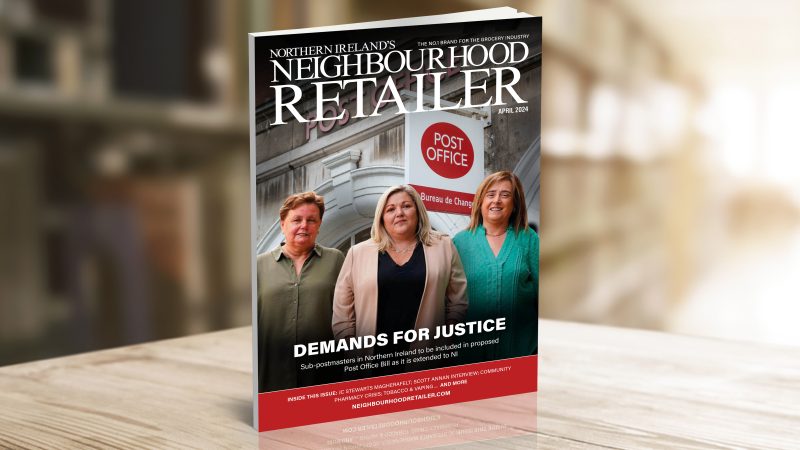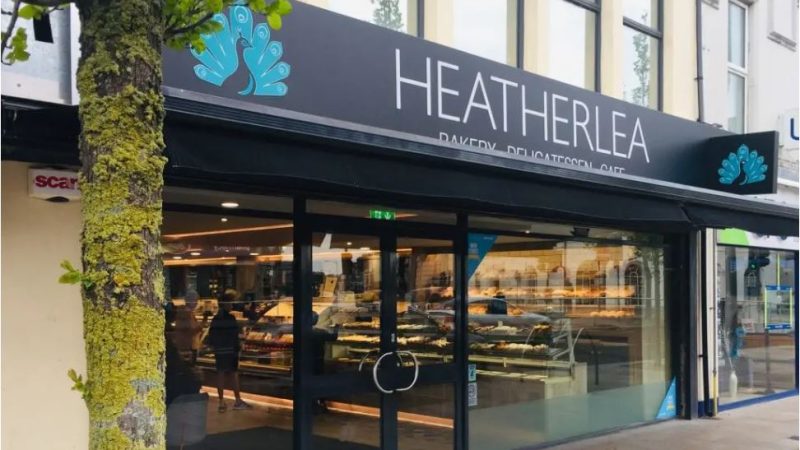Deflation begins reverse ahead of Christmas

The price deflation that has put pressure on retailers throughout the past year is beginning to reverse, according to figures from a major UK retail group.
Supermarket and convenience store prices have fallen at a steady rate throughout the year, but rising export costs following the Brexit vote could soon see the pattern end.
Now British Retail Consortium data has found the first indications of inflation creep, with food deflation slowing sharply to 0.8% in November from the 1.2% price fall in October.
Fresh Food deflation decelerated to 1.2% from 2% in October, while ambient food slowed right down in November to just -0.1%.
Non-food deflation, however, accelerated to 2.3% after falling 2.1% in the previous two months – deeper than the three-month average of -2.2%.

Helen Dickinson OBE, chief executive of the British Retail Consortium, said she believed non-foods’ inflation resistance may be short-lived: “While food deflation slowed to 0.8 per cent year-on-year compared with 1.2 per cent in October, non-food deflation increased to 2.3 per cent from 2.1 per cent, which could be attributed to extended promotions in the run-up to Black Friday.”
Ms Dickson said the figures pointed to retailers’ effectiveness in controlling inflationary pressure.
“We have still yet to see any visible impact from the weaker pound on shop prices, but we do expect to see a gradual slowing of the rate of deflation.
“Increasingly value-driven and informed customers mean retailers will have to remain highly competitive. So while we may start to see cost pressures beginning to feed through into prices next year, we don’t expect any sudden spikes or surges, and the timing and extent of increases will differ from one category and retailer to the next.”
Mike Watkins, head of retailer and business insight at Nielsen, who helped author the study, added: “Shop prices are still falling and deflation will continue to at least the end of the year, as the result of the battle for the wallet of Christmas shoppers.
“Looking ahead, we can expect a slow return to shop price inflation during 2017 with fresh foods, some of which are also seasonal and weather dependent, likely to be impacted sooner when increased supply chain costs finally begin to filter through to retail prices. However, retailers will keep running promotions and campaigns to encourage retail spend and this will continue to help shoppers to save money next year.”







